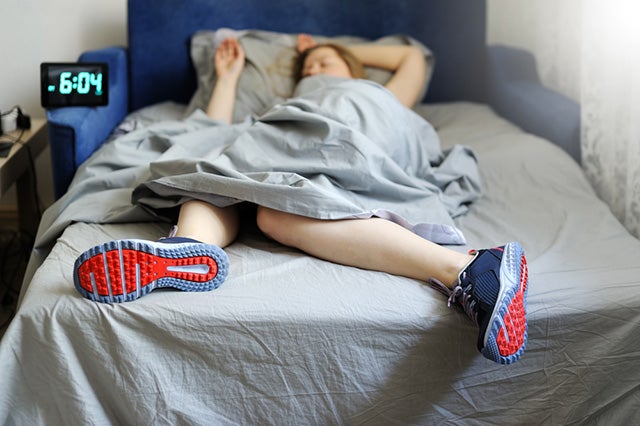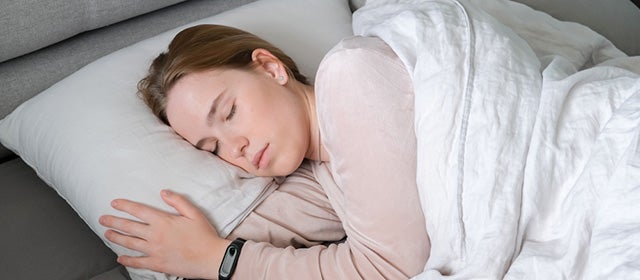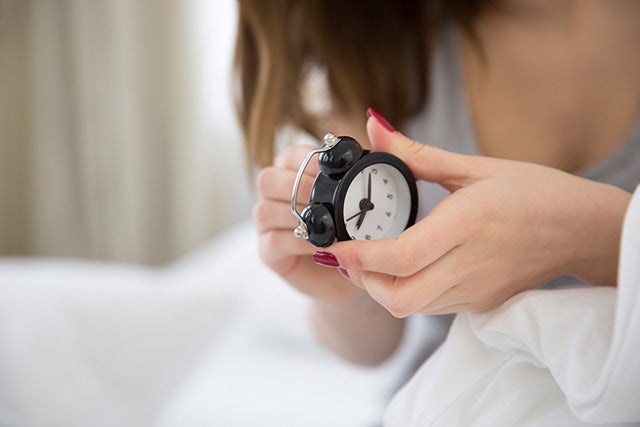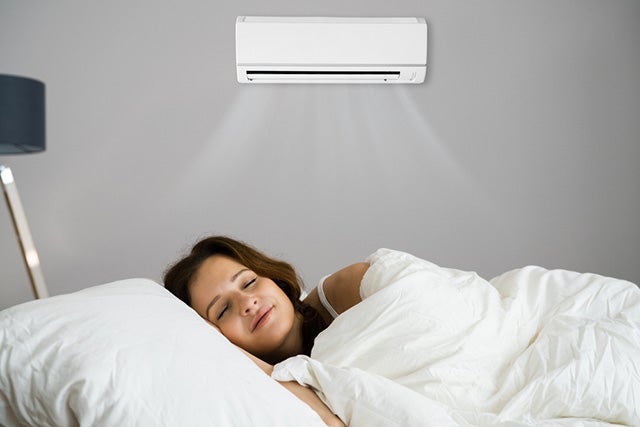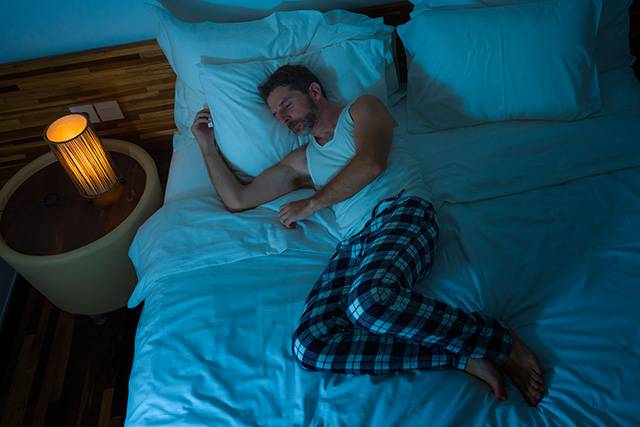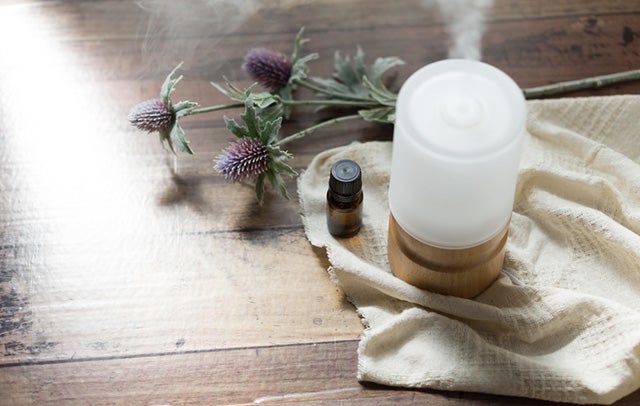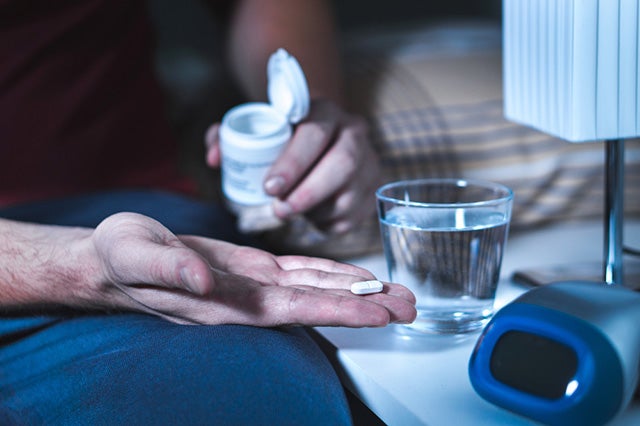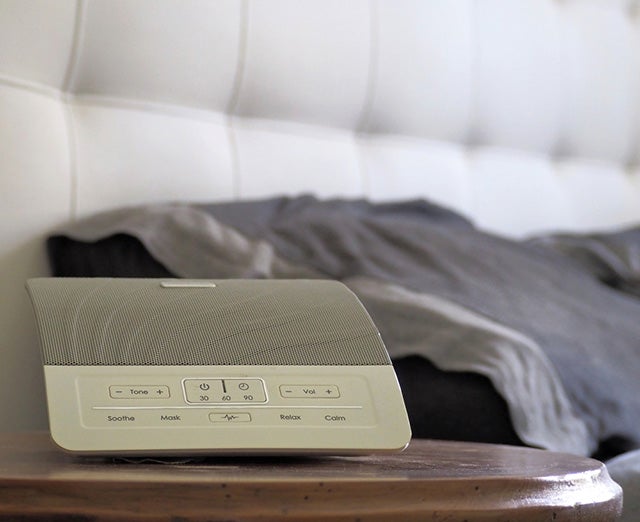You may understand that how you eat and how you exercise can affect your overall health and recovery, but are you aware of how important sleep is to body recovery as well? Sleep plays a vital role in your health and is especially important to physically active individuals.
While you sleep, your body is in a state of active healing and rejuvenation to allow you the recuperation your body needs to heal and function at its best.
Sleep and Our Body
When we sleep our body enters into a sleep cycle that changes from one stage to another. Our heart rate slows down, our body temperature drops, our respirations drop, and our blood flow increases to all vital parts of our body and brain. This increase in blood flow carries oxygen and vital nutrients that feed recovery and healing, as well as mental capabilities.
A lack of sleep can create interruptions to this process, and over time will affect your overall health.
What Happens to Muscles While You Sleep?
Muscles relax and are recipients of the increase in blood flow. The pituitary gland also releases human growth hormones that stimulate tissue growth and muscle repair. The more rest your muscles receive, the better the effects.
Adults are supposed to get approximately 7 hours of sleep a night, but studies have shown that highly active athletes who receive up to 10 hours of sleep reap the benefits of muscle recovery and perform better with quicker reaction times, increased accuracy, and faster speeds, and longer stamina.
What Happens to Muscles When I Don’t Sleep?
If you are unable to sleep, your muscles will tax themselves and not be able to recover before being taxed again. Even a short amount of sleep is better than none at all, but the more rest, the better the recovery rates.
What Happens to Our Muscles When We Work Out?
When working out, muscles experience micro-damage within the muscle tissues. Damage also occurs to the complex protein chains located within the muscle. Reactive oxygen chemicals rush to damaged areas and cause more damage. This process is actually how muscles strengthen and grow, but they first need to experience a “break-down”.
An inflammatory response occurs due to this damage which is why you may feel sore after a particularly strenuous workout. The inflammation triggers the brain to release chemicals for muscle repair that forms new muscle fibers and replaces damaged proteins. In time this helps increase muscle mass and strength.
You might want to read this: Do You Need More Sleep If You Exercise?
How Does Sleep Affect Muscle Recovery?
As explained above, sleep plays a vital role in recovery. Up to 95% of your body’s growth hormone is released during the stages of sleep for repair and restoration of your body and mind. Your body also replenishes muscle glycogen, an energy source used by muscles when you exercise. It depletes through strenuous activities and needs time to build back up. If you have a poor night’s rest, this explains why you feel weak or perform less than ideal the following day.
Tips To Help Muscle Recovery While You Sleep
To help maximize muscle recovery, you need an uninterrupted, restful sleep that allows your body and brain to cycle through the sleep stages. There are many things you can do to help support a better night’s sleep. Take a look at these tips:
1. Set a schedule for bed and waking each day. Your body will start to recognize this schedule and naturally begin to prepare itself.
2. Keep a cooler temperature in your room to help support your body’s temperature drop and avoid overheating while you sleep, which can wake you up.
3. Turn off all screens at least 1 hour before you go to bed. Screens emit blue light that mimics natural daylight and can trick your brain into wakefulness.
4. Dim the lighting in your room to help naturally support our brain’s recognition of darkness and the natural release of melatonin – a sleep hormone.
5. Avoid caffeine, sugar, and alcohol later in the day. This can also stimulate wakefulness and interrupt sleep schedule.
6. Drink warm, herbal tea to stimulate gentle digestion and influence sleep. Natural herbs, such as chamomile, provide relaxation and ready your mind for rest.
7. Diffuse essential oils that stimulate relaxation. Lavender is a popular choice as it is calming and has many other health benefits besides.
8. Use melatonin to boost your natural melatonin levels if you are struggling to get to sleep. Be aware sometimes this has the opposite effect on some people, so take a low dose first to see how your body reacts.
9. Speak with a healthcare professional if you struggle with sleep. They can suggest tests and medication to see if there is an underlying issue (such as sleep apnea), or to help get you on a schedule that you can carry forward with healthy bedtime choices.
10. Consider a white noise machine to help cover up distracting noises, and sooth your brain.
You might be interested: 10 Stretches for the Best Night’s Sleep
Wrapping It Up
Sleep is essential for muscle recovery and you need to get the proper amount each night, and a quality rest to fully recover muscle stress and strain. Even if you do not strenuously work your muscles, their day-to-day use requires the chance to rejuvenate.
Take small steps to get a good night’s rest and help your body function at its best.
Photo credit: PAstudio/Shutterstock; Shyntartanya/Shutterstock; oneinchpunch/Shutterstock; MJTH/Shutterstock; Dean Drobot/Shutterstock; goldyg/Shutterstock; TheVisualsYouNeed/Shutterstock; vladimir salman/Shutterstock; Feyyaz Alacam/Shutterstock; Andrey_Popov/Shutterstock; Nanako Yamanaka/Shutterstock; Tero Vesalainen/Shutterstock; fizkes/Shutterstock; luca pbl/Shutterstock
